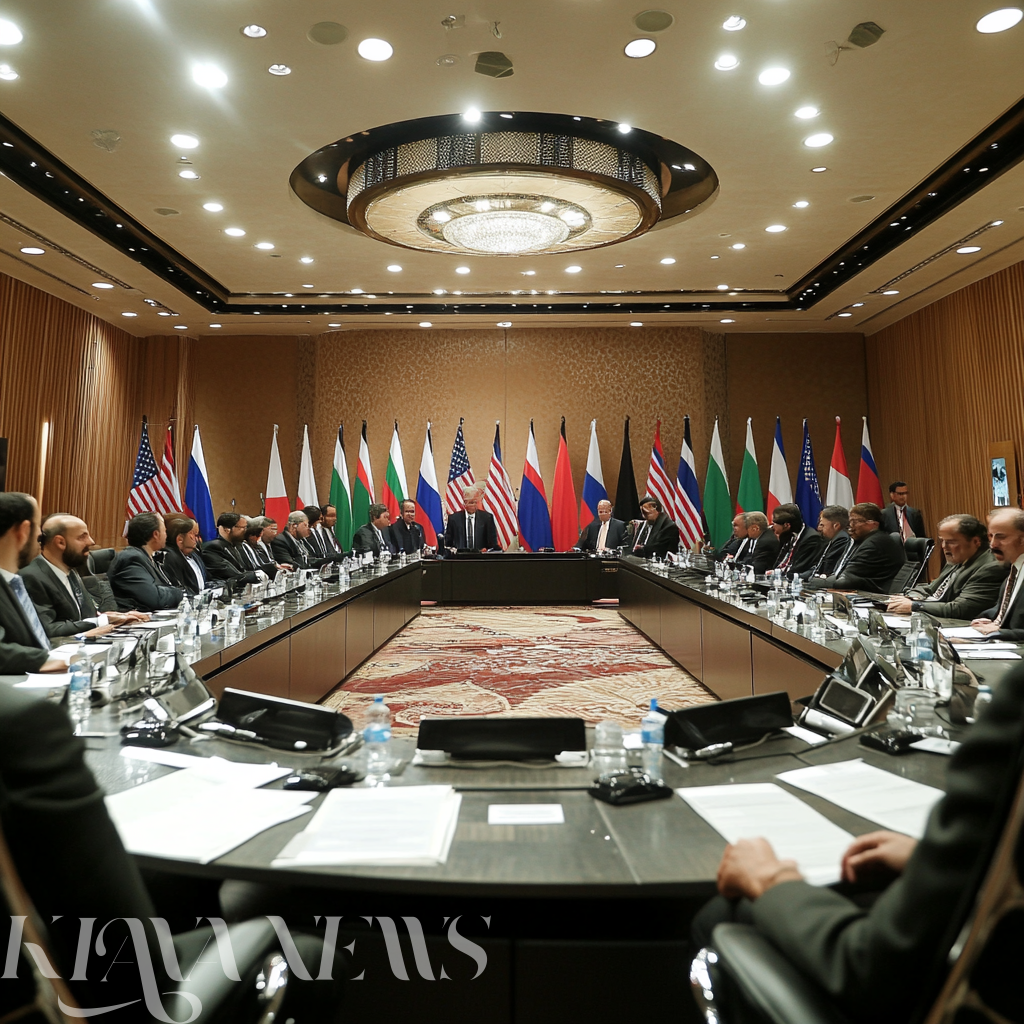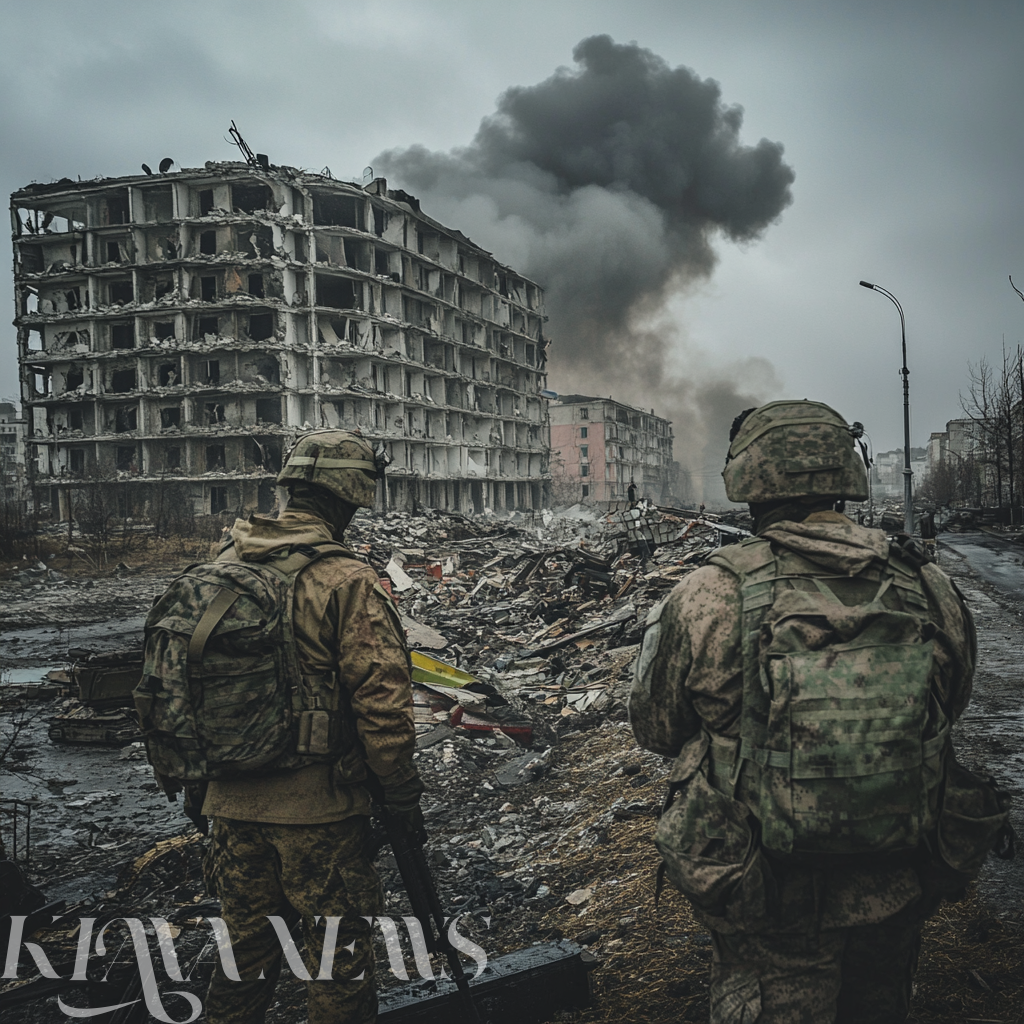Washington, D.C. — As Russia and the United States gear up for crucial talks in Saudi Arabia about the Ukraine war Russian President Vladimir Putin approaches the negotiations from a position of power. The policies of former U.S. President Donald Trump’s administration weakened Western unity and caused uncertainty about American defense commitments to Europe while changing the geopolitical landscape.
Shifting Alliances and Strategic Uncertainty
The diplomatic actions taken by Trump have disrupted longstanding alliances and created doubt about America’s role in European security matters. Unclear statements from the administration have created concerns that the forthcoming peace talks will favor Moscow’s demands rather than protecting Ukraine’s independence.
European allies face exclusion from vital discussions while they are expected to offer security guarantees and military assistance in the post-war environment. The French President Emmanuel Macron requested an emergency summit in Paris with EU leaders as a response to Europe’s perceived exclusion.
Trump has further fueled uncertainty by proposing that Volodymyr Zelensky might not have a central role in the critical negotiations affecting Ukraine’s future. President Zelensky has made it clear Ukraine will not accept any externally imposed settlement and especially rejects any Washington-Moscow agreement that threatens Ukraine’s territorial integrity.
U.S. Policy in Disarray
Secretary of State Marco Rubio and National Security Adviser Mike Waltz together with other Trump administration leaders delivered unclear messages about the United States’ position on the talks. Rubio recognized Ukraine’s essential role but Trump administration members made contradictory remarks that European nations could be barred from direct engagement.

The attempts by Trump to restore Putin’s reputation on the world stage have generated widespread concern. The Trump administration’s push to readmit Russia to the G8 and its alignment with Kremlin policies fundamentally contradict the established U.S. foreign policy approach. Putin has gained significant power to influence negotiation results due to these strategic actions.
Geopolitical Consequences
The Trump administration caused divisions within NATO while pushing Europe to assume greater responsibility for its defense. Vice President JD Vance’s remarks at the Munich Security Conference highlighted this strategic shift when he engaged with far-right European leaders and voiced criticisms of NATO’s current structure.
The outcome of the Saudi-hosted talks involves more than just Ukrainian matters. Saudi Arabia’s rising diplomatic influence emerges through Crown Prince Mohammed bin Salman who has taken the kingdom into the role of a global conflict mediator. Saudi Arabia holds an essential position in Trump’s international strategy which aims to establish diplomatic relations between Israel and Arab nations.
Global leaders prepare for the U.S.-Russia negotiations outcome because its effects will impact regions beyond Ukraine. The success of Putin in obtaining a beneficial agreement will lead to a redefinition of global power structures and lasting changes in European security arrangements.



